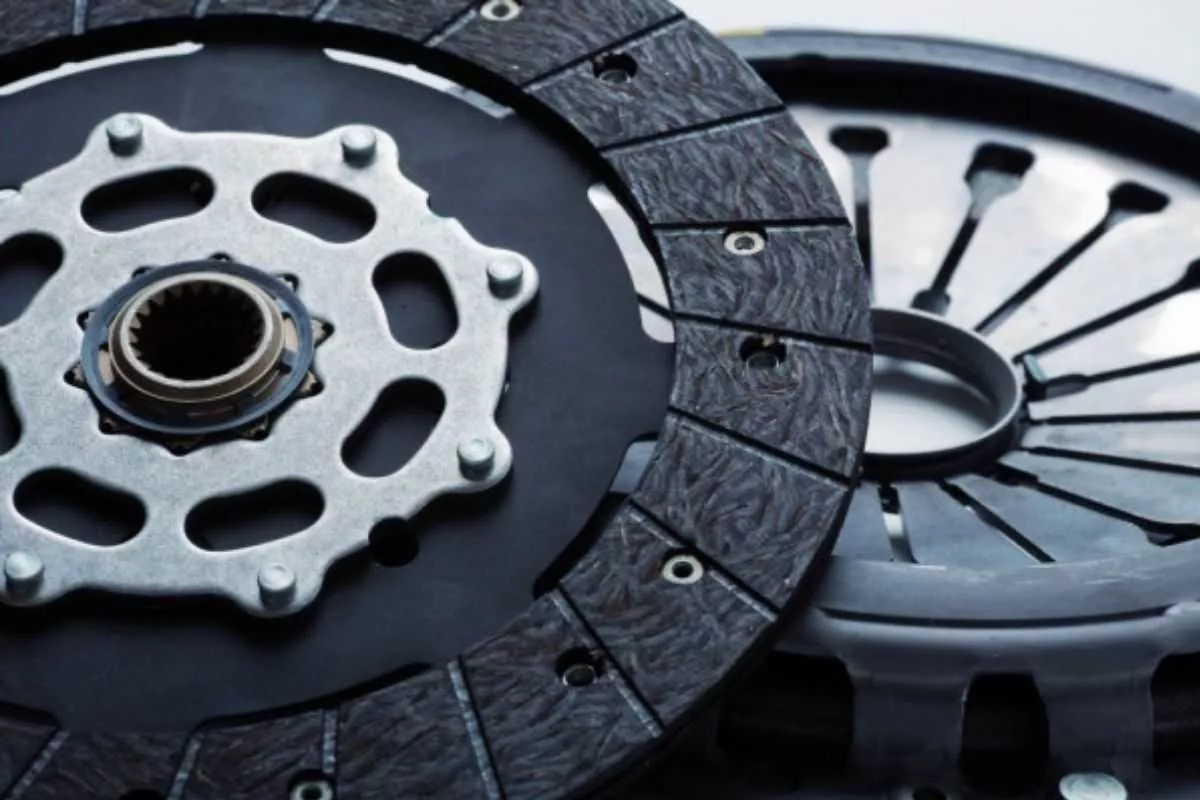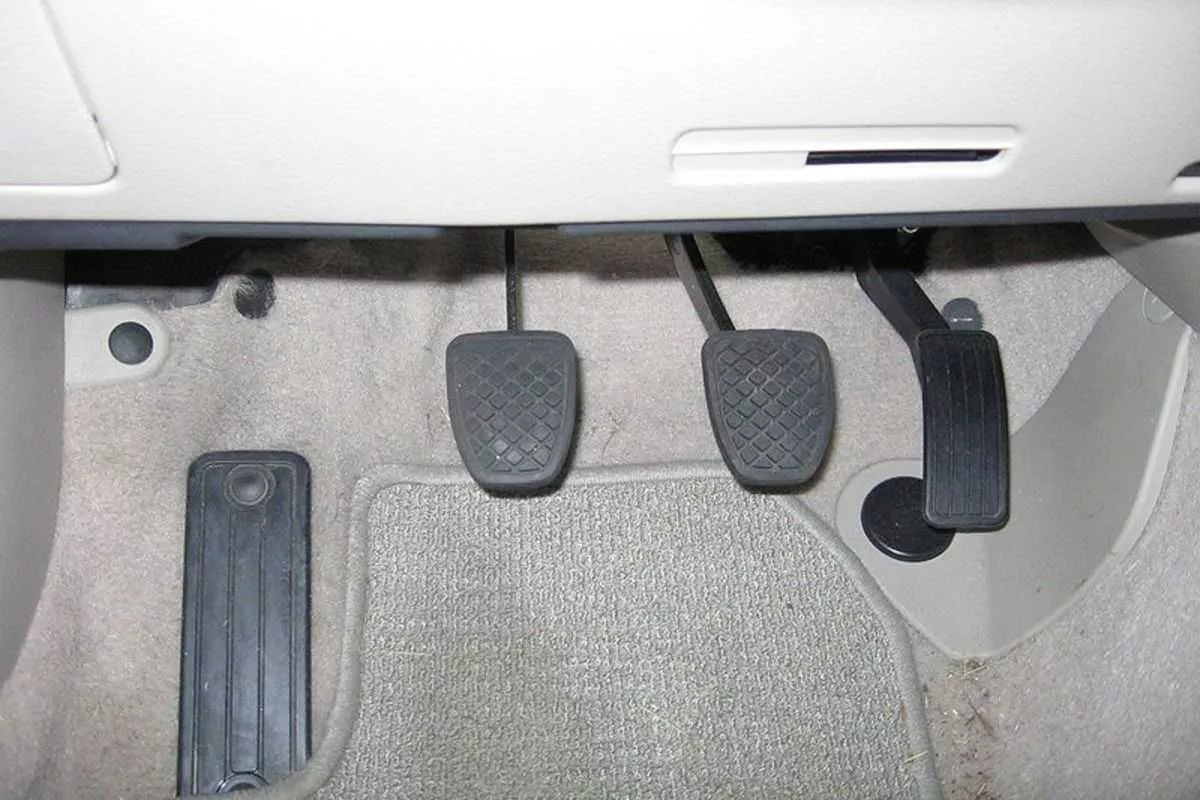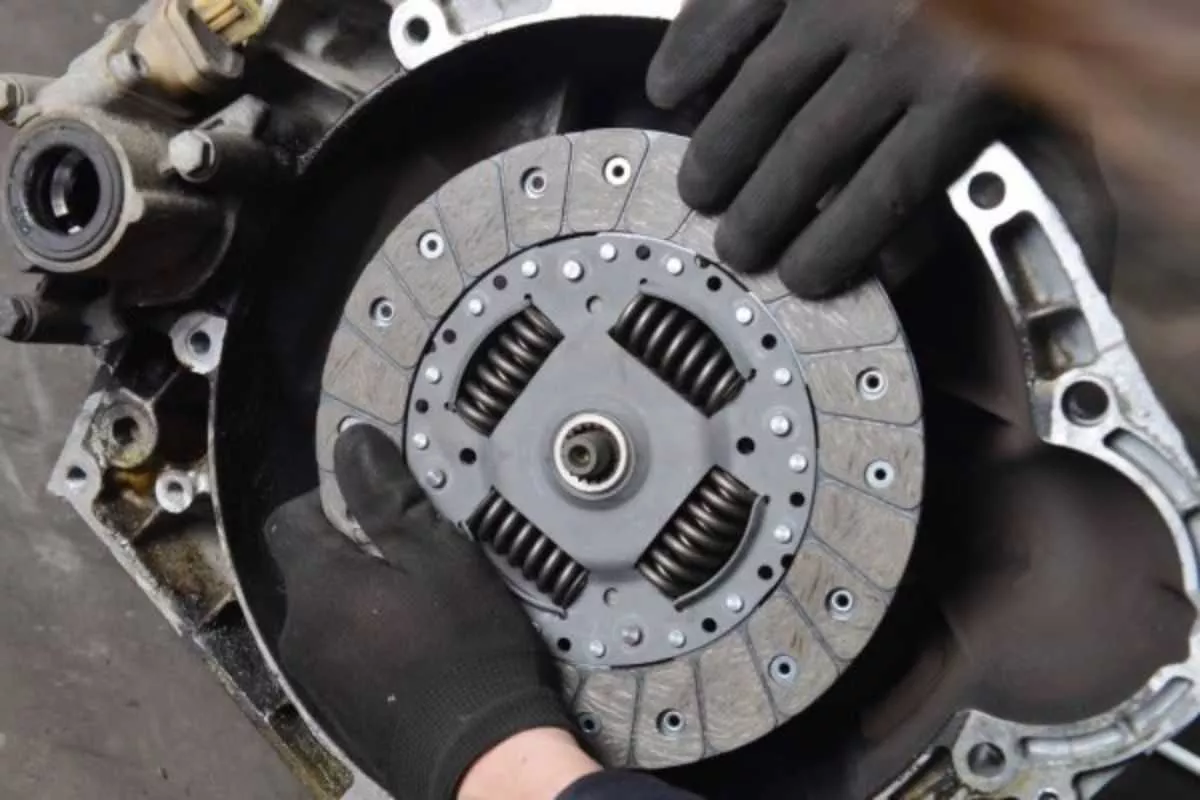Average lifespan of a car’s clutch
Throughout the lifetime of a car, things will eventually break. This is especially true for cars that are used on a daily basis, and specifically for parts that are constantly moving and are subject to friction. Case in point is a car’s clutch.
Clutch, How does it work ?
So, the question now is, how long does a clutch usually last? Well, it’s hard to give specific figures. This is because different car models will often use different clutches from hundreds of manufacturers. Each will be made using different manufacturing processes, and each will be formed out of many varying materials. More importantly, no two drivers are the same.
That said however, most manufacturers strive for longevity. As such, they have designed mass-produced car clutches to last approximately 96,569 km.

The clutch is probably the most overworked part in a manual car
Most car clutches however do not last that long due to a variety of reasons. These range from fluke mechanical failures, but most are related to driver behavior. Here are some factors that might reduce the lifespan of your clutch:
1. Riding the Clutch – In manual cars, riding the clutch means keeping your foot rested on the clutch pedal, thus partially pressing it down. This causes the clutch to be partially disengaged, causing its bearings to keep on spinning leading to accelerated wear and tear.
2. Incorrect gear shifts – Shifting to another gear before engaging the clutch or vice versa is a recipe for premature clutch wear. This is because shifting before engaging the clutch will cause additional pressure to the damper springs. Eventually, these springs will break and will cause your clutch to become harder to engage. Not only will this damage your clutch disc, but it will also damage your transmission in general too.
![Sometimes, the damage can be catastrophic [Photo: Reddit u/arlindsay1992] A picture of a blown clutch](https://img.philkotse.com/temp/2024/07/27/damaged-clutch-disc-u-arlindsay1992-a3d7-8e94.webp)
Sometimes, the damage can be catastrophic [Photo: Reddit u/arlindsay1992]
3. Modding for power without upgrading the clutch – Most car parts are rated to deal with specific engine outputs. The same is of course the case for a car’s clutch. So, if you’ve upgraded your car, say with a turbo, then your stock clutch might not be able to handle the additional horsepower and torque your car makes.
4. Switching to large tires, wheels, and adding accessories – Adding heavy accessories (we’re looking at your off-roaders) will impact the car’s stock clutch. This is because the car now has to haul around added weight. For the same reason, larger tires and wheels, which are heavier than smaller ones can also cause premature wear to the clutch.

The more accessories you install, the heavier your vehicle gets
5. Towing more than you should – Towing a load that’s more than your vehicle’s rated vehicle weight will also cause premature clutch wear. And of course, we don’t have to tell you that a four-door sedan isn’t made for towing.
6. Contaminants in the clutch – For some ungodly reason, fluids that don’t usually come in contact with a clutch will sometimes find their way to the clutch disc. This includes something as simple as water, or oil caused by a leaky rear main seal.
8. Racing type launches and techniques – Whether you’re an amateur racer, a pro, or a “feeling racer,” revving your car’s engine while holding down the clutch will damage its disc and other components faster than regular use. And yes, dumping that clutch for a speedy launch, and clutch kicks for drifting will cause a lot of stress on the entire clutch system too.
>>> Related:
- Maintenance tips: DIY discovery of bad car clutch plates
- How to drive a manual transmission car with slipping or broken clutch
Tips to prolong the life of your car’s clutch
As we have already established, most of the causes of premature clutch wear are bad driving habits. As such, we suggest following these tips:
1. For clutch drivers, we advise you to rest your foot on the car’s floor. Most modern cars even come with a dummy pedal for this exact purpose. To put this simply, you should never rest your foot on the clutch pedal. Ever.

A majority of cars now come with dummy pedals. If yours doesn't, rest your foot on the floor
2. On inclined surfaces, we also suggest using your parking brake instead of the clutch to stop the car from rolling rearwards. This is tricky, but gradually increasing the RPM while slowly releasing the clutch and car handbrake on inclines might just help your clutch last longer.
3. If you’ve modded your car for more power, we suggest getting a better, stronger clutch. This might be an expensive addition to the already heavy costs of your engine upgrade, but this will ensure your car’s overall reliability.
4. Next, don’t perform racing type launches and racing techniques if you are not willing to replace your clutch on the regular. Conversely, you should be prepared with replacement clutch parts if you really want to go racing.
>>> Related: Should I step on the clutch pedal at a complete stop? [Newbie guide]

Replacing a clutch yourself might not be easy though
5. And last but not the least, never tow loads above your car’s indicated towing capability. If you’re unsure about this, contact your car’s dealership just to be sure.
Now you know the factors affecting how long a clutch will last, as well as some ideas on how to extend its lifespan. As such, we can now be assured that we won’t find you stuck in the middle of EDSA or out somewhere in the boonies with a blown or worn-out clutch, right?
For more car maintenance tips and additional car knowledge, keep reading here on Philkotse.com.
Recent posts
- How to fix common problems with car's clutch hydraulic Jan 15, 2021
- Safety tips: How to drive when your car brakes are malfunctioned Nov 30, 2022
- Disc Brakes vs Drum Brakes: How are they different? Jan 28, 2021
- Continuously Variable Transmission (CVT) vs. Dual Clutch Transmission (DCT): Which is better? Apr 17, 2019
- How to use your car brakes properly Nov 07, 2018












